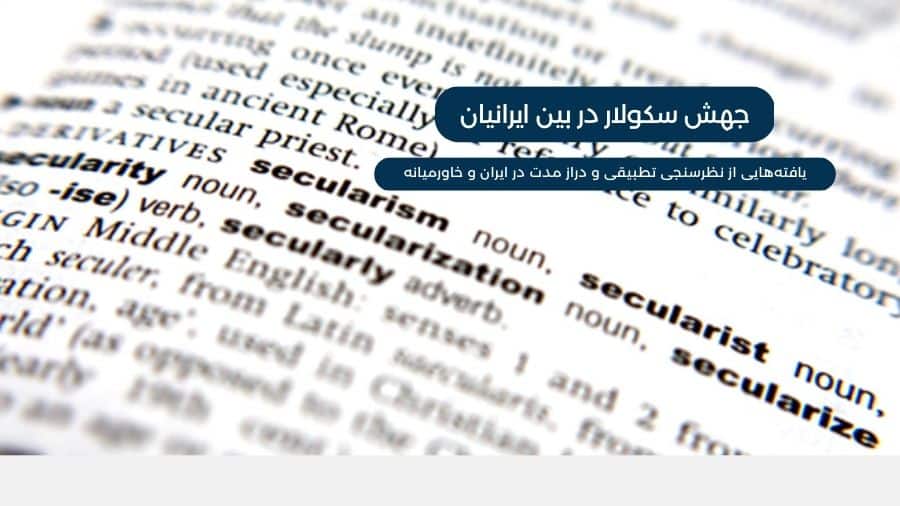Abstract
To what extent do Iranians reject the foundational principle of the Islamic regime and support secular politics? This paper contends that in 2020, 70% of Iranian adults supported the separation of religion and politics and 30% otherwise, but no more than 9% strongly favored an Islamic political system. These figures rest on the analysis of data from the 2000, 2005, and 2020 surveys carried out in the country, and well-over twenty cross-national and longitudinal surveys in other Middle Eastern countries in the past twenty years – a total of more than 70,000 face-to-face interviews. Despite the caveat that the surveys of people’s cultural, religious, and political values conducted under an authoritarian exclusionary regime inevitably carry conservative bias, the findings still showed Iranians in 2000 attended mosques less often than did people from other Middle Eastern countries and Indonesia. Iranian mosque attendance and religious orientation further declined between 2000 and 2020. Responses to a question concerning the separation of religion and politics in 2005 showed that, at a conservative estimate, 47% of Iranians supported the measure. Using this figure to project how Iranian felt about secular politics in 2020, this paper presents empirical evidence that the decline in political Islam in Iran has been much more remarkable than in other Middle Eastern countries. At the same time, secular politics in Egypt, Iraq, Tunisia, and Turkey were supported by an overwhelming majority of adult respondents. Trends toward secular politics in Egypt, Iraq, and Turkey in the past twenty years were astonishing; in 2020, about 80% of respondents from these three countries supported the separation of religion and politics. Considering this figure, and noting that religious attendance and orientation in Iran declined more dramatically than in any of these countries, that the dominant intellectual trend in Iran has been toward liberal democracy, that more Iranians have abandoned official structures of Shia Islam to practice Sufism in recent years than in the past, and that the rate of conversion to Christianity among Iranians has been higher in the postrevolutionary period than any Muslim-majority country in the Middle East, if not in the world, then a reasonable expectation of the extent of the Iranian support for the separation of religion and politics is placed at 70%. This percentage may be higher today, considering the widespread and ongoing revolutionary movement against the regime and the deep emotional energy that has been mobilized for the overthrow of the system of religious tyranny and the establishment of liberal democracy. This empirically verifiable conclusion supports the resolution of the revolutionary activists the Islamic regime is rotten to the core and contrary to the principles of human decency and the welfare of Iranians.


